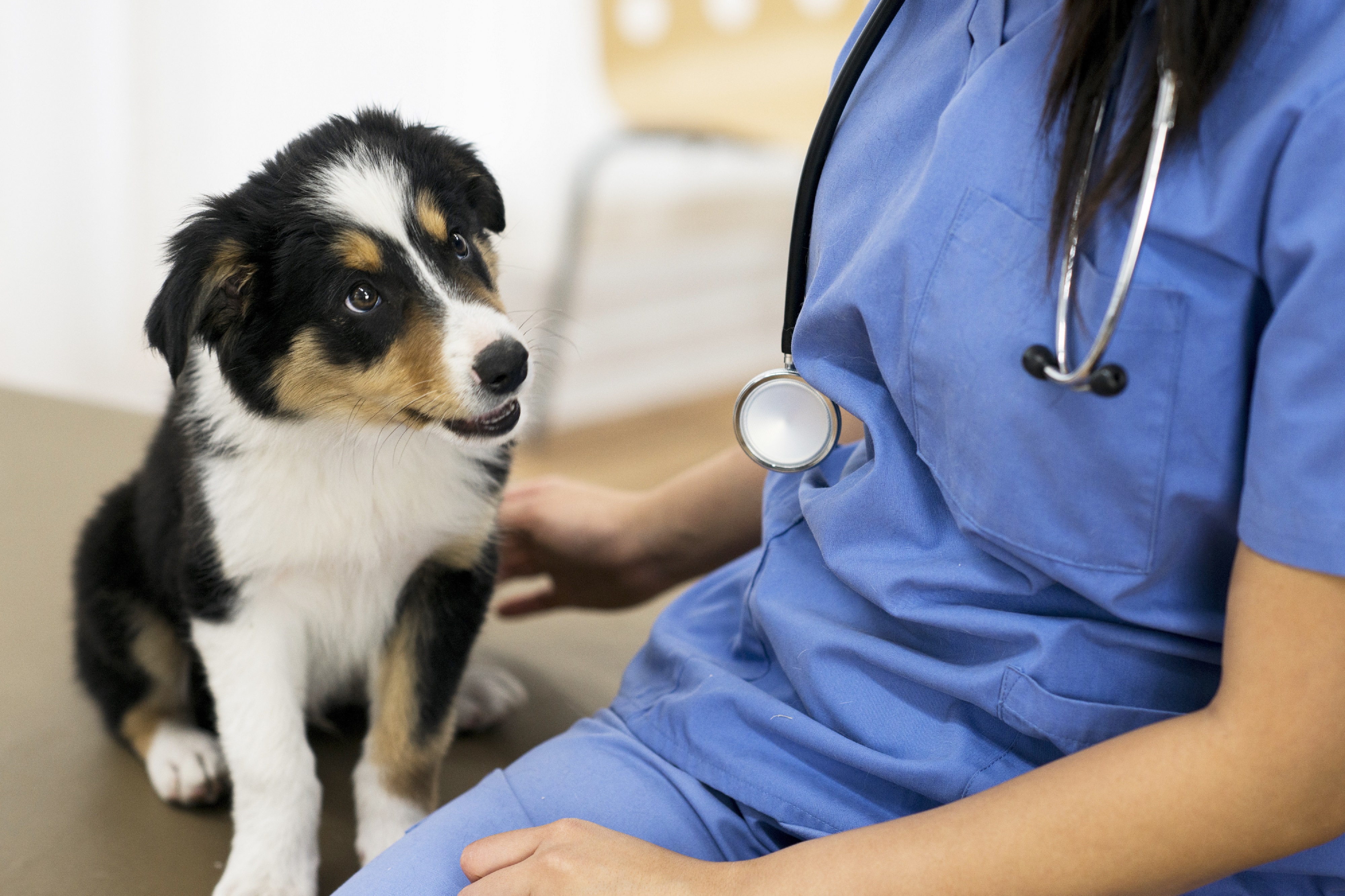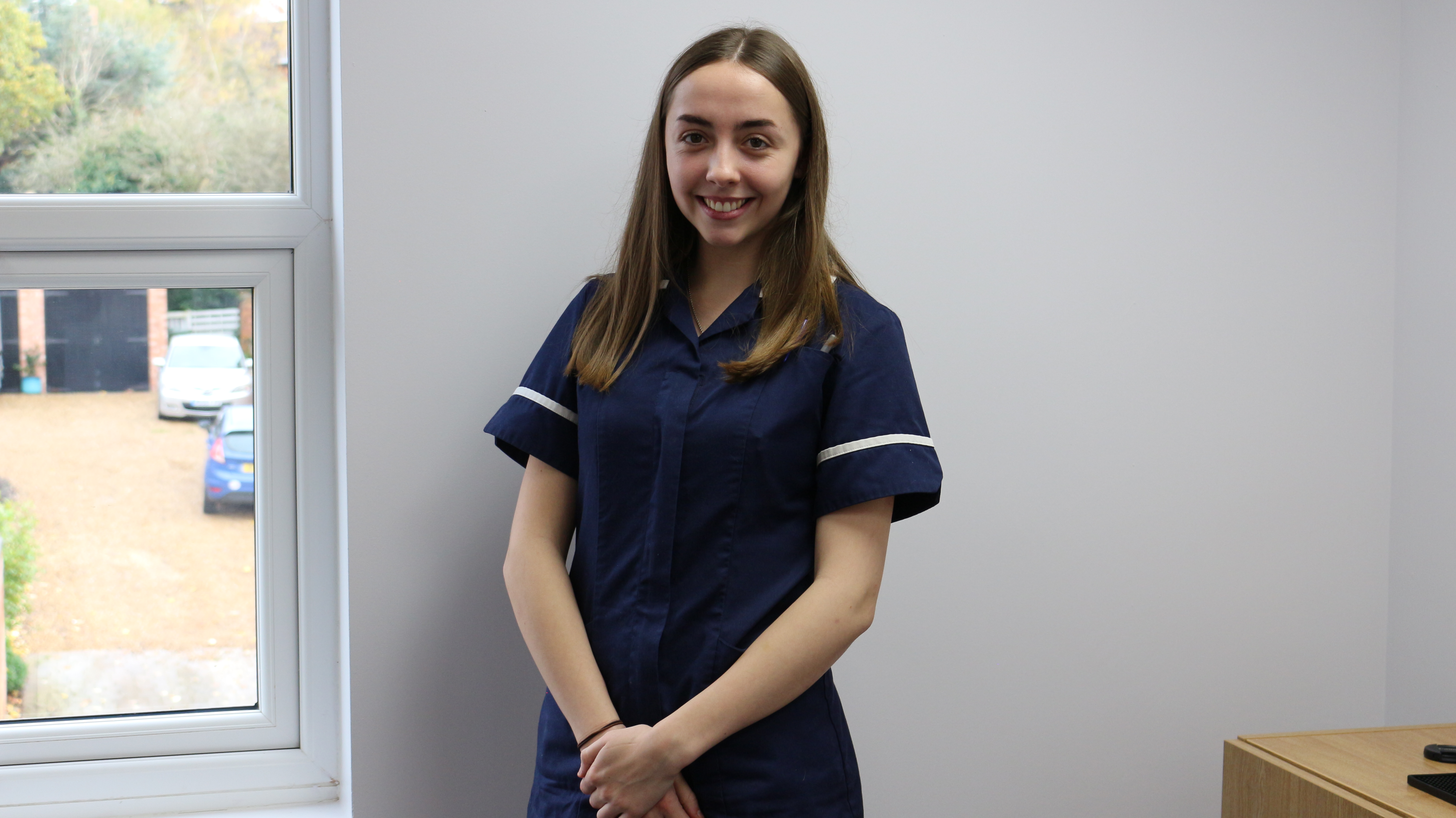
From cats and dogs to endangered species, taking care of animals is a rewarding and interesting career path.
59% of households in the UK own a pet, according to a recent survey by the Pet Food Manufacturers Association, while in the Republic of Ireland, this increases to an estimated 61%, so if you want to build a career around working with animals then you’re going to be spoilt for choice. Job roles are incredibly varied – if taking care of domestic animals like cats and dogs isn’t for you, why not think about veterinarian work where you help look after wildlife or livestock? Or if you go wild for exotic species, why not explore the dynamic worlds of conservation and zookeeping?
The choices are endless and every role – and route into it – is different. It’s worth spending a little bit of time thinking about your strengths and weaknesses, as well as the kind of animals you’d like to work with – we’ve put together a few options for you to think about.
Over 120,000 people work in Veterinary and Animal Care services occupations in the UK.
Between the RSPCA, SSCPA and USPCA charities, over 32,000 animals in the UK were rehomed or released in 2020
There are over 1,500 veterinary businesses in the Republic of Ireland, employing almost 4,000 people
During 2021, the Dog Trust charity in the Republic of Ireland received 2,155 requests from people wanting to rehome a dog, and increase on the previous year of 82%
There are a wide range of diverse career opportunities available to you in the Animal Care sector.
Animal Care
Dog Walkers help owners by exercising their pets, whereas Pet Sitters look after animals while the owner is away.
Animal Care
Veterinary Surgeons provide medical care to a range of animals, from domestic pets to those in farm and zoo settings and wild animals with injuries.
Animal Care
Zookeepers are responsible for the care and welfare of animals in a zoo, wildlife/safari park, aquarium or special collection.
Harry Hamlin-Wright is the company Veterinarian for an aquaculture company and tells us about his career and how much he enjoys his job.
Meet Lauren Evans, who only recently started her apprenticeship at Northlands Veterinary Group. In this Q&A session we learn about her passion and commitment to become a Veterinary Nurse.
What is your name, job, and location?
My name is Lauren Evans, and I am a Veterinary Care Support for Northlands Veterinary Hospital.
How long have you been doing your apprenticeship?
I started a couple of months ago.
What or who inspired you in this career direction?
I think I have always liked animals, and this made me want to become a nurse to help a variety of animals. One person in particular, our Orthopaedic Vet Adrian, I used to watch how he is with animals and people, so polite and willing to show people how things should be done. I wanted to be just like that!
What skills are needed to pursue this line of work?
Have a lot of passion, willingness, and commitment to do anything. You must have a positive outlook on things to understand why they happened in a particular way, even if they do not end well.
What made you choose an apprenticeship?
From a young age, I have always wanted to be a Veterinary Nurse, so this was an opportunity to start from the bottom and work my way up. You can gain more knowledge as you go through each stage, instead of jumping straight in, which can be quite daunting.
Being able to learn on the job allows you to engage more and, because you are physically doing the work, you can ask as many questions as possible and double-check if knowledge is accurate.
What are the main aspects of your day-to-day job?
Being involved in the clinical side of things and finding out the root cause of issues with the animals.
What’s the most enjoyable part of your job?
Just being with the animals and how practical it is to work and learn at the same time! The apprenticeship route is more beneficial, and you can learn at a faster pace.
What are your future goals?
Once I am qualified, I will go on to referrals or maybe work in a larger hospital. I may even go into something more specific, such as learning more about the heart.
How would you sum up your job in three words?
Keep trying and pursue your goal! Even if you think things will get in the way, don’t stop and you will get there!


Simon Maddock has been the Clinical Director at The Cat and Rabbit Care Clinic in Northampton for 23 years! It was only within the last 4 years that he decided to expand and take on new graduates. In this Q&A session, we learn about his experience within the Animal Care industry as well as the importance of apprenticeships.
What is your name, and job title?
I am Simon Maddock, the Clinical Director here at The Cat and Rabbit Care Clinic.
Do you mentor any of the apprentices?
Yes, I do, and I have been mentoring graduates for about three years now.
How do you find mentoring?
Great, because for a long time, I worked on my own and a little with my wife, so we have been with The Cat and Rabbit Care Clinic for 23 years now. It was about three or four years ago that we decided to expand and take on new graduates.
What makes a good mentor?
I think a lot of it for us is the shadowing aspect, whether it's me or my mentor consulting. We operate together so that there is always someone else present to keep an eye on and help the mentor. We have a good work ethic, great communication, and a strong relationship with our clients. You must listen to your student's concerns and go through them to find a resolution.
All the mentoring we do provides an informal approach, and our focus is more on coaching whereas in the past especially at university it’s all graded and assessed. However, the way they are now doing the post-graduate Veterinary education has a lot more academic support and no scoring. Yet, they each have a bar for vetting they must do, and this moves along as they work with different species and build experiences. The goal for them within a year is to be at the point where they can work independently.
The apprenticeship route is a lot more organic as it is just engaging them in what we do all the time, but knowing there is someone there who can step in if need be.
The process we use for shadowing is they watch what we do, get a feel of consultations, see surgeries, and then eventually go on to work independently.
Do you think the apprenticeship route is the best way for those coming from school?
For nursing, it works very well and this fits into two categories. The first is theoretical degree-based nursing or you are at college working as a Veterinary Nurse. With that, you can go from A-Levels to university and complete a nursing degree. On the other hand, you can complete a classic apprenticeship where you have a day's release to college and for the rest of the time.
Though the Veterinary Surgeon side is very fixed, you need a Veterinary degree which must be through A-Levels, and then at the university, there is no apprenticeship side.
Do you think there needs to be an improvement in school settings to encourage more to the industry?
Possibly, I think from the vet’s point of view it is difficult because the degree is very popular. They need an increase in places offered as this is the reason why we are short of vets. There are not enough universities places and not able to retain enough young vets once qualified.
We are very lucky that our degree leads to a direct job!
What methods do you use when dealing with difficult situations?
We must be available and try to build up a repour from the beginning as this helps the students to know we are here to help. We are open and have no judgment at all as there will be times when mistakes happen. We hope our students will be confident and comfortable enough to come to us. Most of our role is to always support them and sometimes it can help to look at different ways and perspectives for effective solutions.
What has made you stay in this industry?
I enjoy the job thoroughly even though it can be stressful to start with! When I started my journey in the animal industry, we had no formal support besides the more experienced vets and practice partners. This has improved a lot now, I was lucky I got through my first job where it was very busy, and we did out-of-hours work with a whole range of animals. My wife is also a vet, so I think that the understanding and support we give each other has helped quite a lot.
Once you start to build up experience and get past the stressful side it does get easier! I enjoy the work, I love the variation, and each day is different. We get to be dentists, surgeons, medics, and do a whole range and there are not many jobs that will allow you to do that.